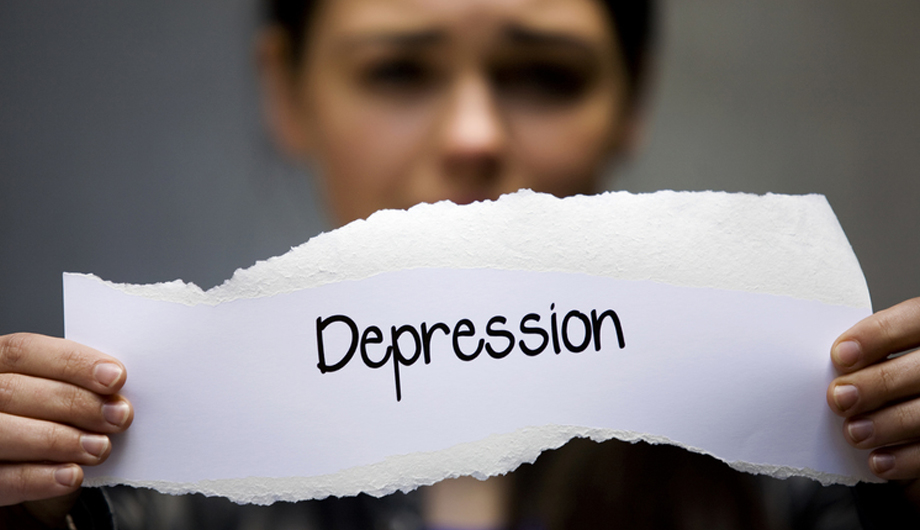Depression, anxiety and other mood and affective disorders impact many youth in society. Often these issues go untreated. Teen depression is a serious mental health issue that causes feelings of sadness, loss of interest in activities and lack of motivation. It influences how teens think, feel and behave and it can cause emotional, functional and physical problems. Mood disorders occur at any time in life, but often symptoms are different between teens and adults. At STAR Guides, we help parents and teens learn to manage depression, anxiety and other mood disorders that have led to sexual compulsive behaviors so that these issues don’t become life-long, chronic problems.
Teen Issues such as school demands, peer pressure, puberty and self-image can bring a lot of ups and downs for teens. For some youth, the lows are more than just fleeting feelings — they are a manifestation of a mood disorder such as depression. In an effort to cope with these feelings, increasing numbers of teens discover that compulsive use of pornography, masturbation and sexual acting allow for a temporary escape from these mental health issues. Teen depression often requires treatment such as medication and psychological counseling.
Signs of depression can include:
- Feelings of sadness, which can include crying spells for no apparent reason
- Irritability, frustration or feelings of anger, even over small matters
- Loss of interest or pleasure in normal activities
- Loss of interest in, or conflict with, family and friends
- Feelings of worthlessness, guilt, fixation on past failures or exaggerated self-blame or self-criticism
- Extreme sensitivity to rejection or failure, and the need for excessive reassurance
- Trouble thinking, concentrating, making decisions and remembering things
- Ongoing sense that life and the future are grim and bleak
- Frequent thoughts of death, dying or suicide
- Tiredness and loss of energy
- Insomnia or sleeping too much
- Changes in appetite, such as decreased appetite and weight loss, or increased cravings for food and weight gain
- Use of alcohol or drugs
- Agitation or restlessness — for example, pacing, hand-wringing or an inability to sit still
- Slowed thinking, speaking or body movements
- Frequent complaints of unexplained body aches and headaches
- Poor school performance or frequent absences from school
- Neglected appearance — such as mismatched clothes and unkempt hair
- Disruptive or risky behavior including use of pornography and engagement in reckless sexual activity
- Self-harm, such as cutting, burning, or excessive piercing or tattooing
It can be difficult to tell the difference between ups and downs that are just part of being a teenager and teen depression. At STAR Guides, we can help parents to assess depression and help facilitate communication about the issues between the teen and his/her parents while disrupting a pattern of unhealthy sexual behavior for dealing with these unwanted emotions.

